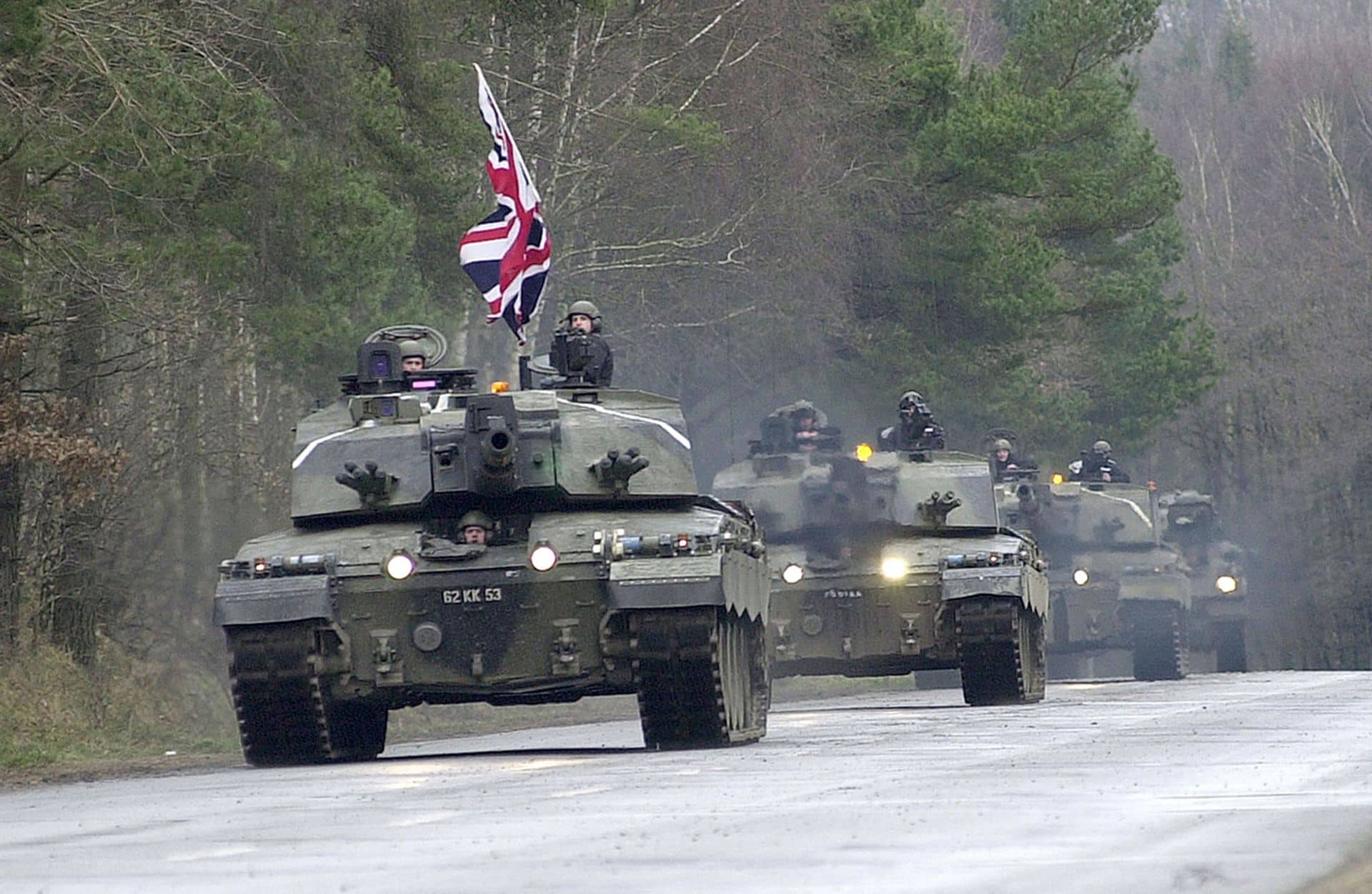Germany has extended its arms export moratorium on Saudi Arabia by 6 months. If parliament agrees, cabinet also plans to extend a Bundeswehr training mission in Iraq and reconnaissance flights tracking IS in Syria.
Germany’s freeze on arms deliveries to Saudi Arabia begun last October andformalized in March would remain in place until March 2020, a German government spokesman announced Wednesday.
The ban — prompted by the killing of Saudi dissident journalist Jamal Khashoggi — had been questioned within Chancellor Angela Merkel’s own party following the mystery drone strikes on Saudi oil installations, which the US and Saudi Arabia blame on Iran or its allies.
But Merkel on Tuesday had said that she saw “no conditions, at the moment, for a changed stance” on the German government’s side, signaling that the moratorium should be extended beyond its initial expiration date of September 30th.
Center-left Social Democrats in Merkel’s grand coalition government had resisted renewal of arms exports to Saudi Arabia as well as nations such as the United Arab Emirates fighting Houthi rebels backed by Iran in Yemen.
Yemen ranks as the world’s worst humanitarian disaster, with millions displaced and dependent on scarce humanitarian aid deliveries.
Last March, the German government loosened its stance to allow deliveries by German firms involved in joint military export projects with France and Britain. The French and British partners were asked not to deliver arms to Saudi Arabia.
Mission extensions for Iraq and Syria
Merkel’s governing coalition on Wednesday also announced that — assuming parliament gave its approval — Germany would also extend its Bundeswehr mission training local forces in northern Iraq until 31 October 2020.
That mandate would however have a lower limit on troop numbers, from 800 to 700.
Also extended until March 2020 would be Germany’s mandate for its four Tornado warplanes and a refueling aircraft currently based in Jordan, said German government spokeswoman Ulrike Demmer.
That German mission assists in surveillance flights and mid-air refueling for the multinational coalition against remnants of the “Islamic State” (IS) militia in Syria.
Demmer said the Bundeswehr engagement in the region was bearing fruit but likewise the radical IS still posed a threat, hence the mission’s extension.
Under Germany’s post-war constitution, parliament has the final say in military deployments, with Germany’s modern military often dubbed a “parliamentary army” domestically.










